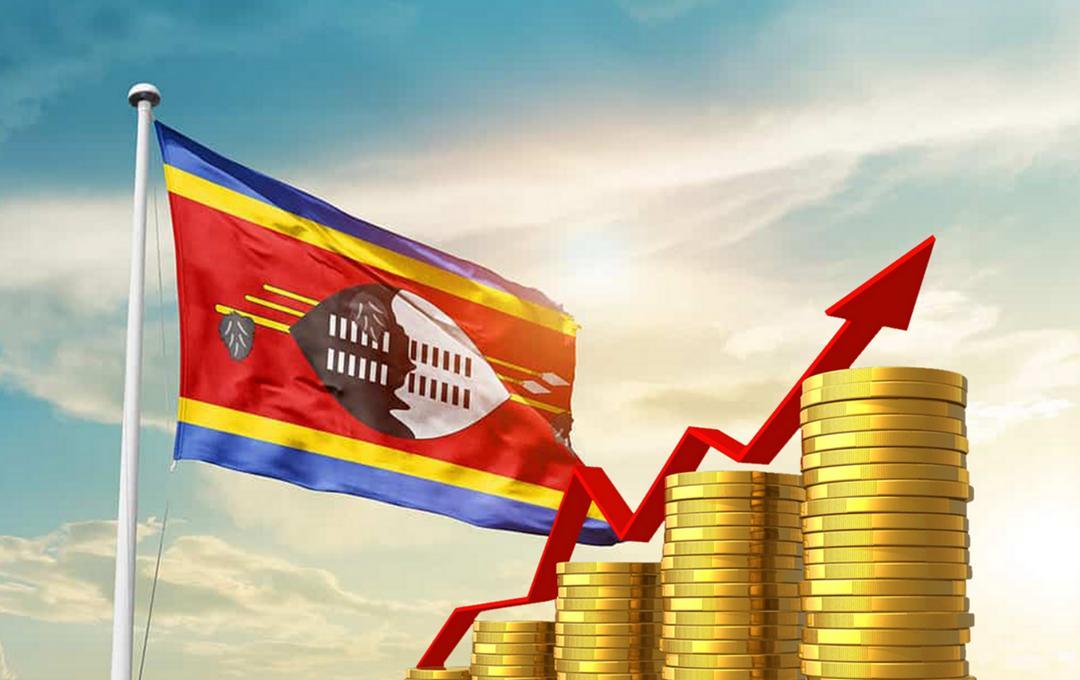Africa-Press – Eswatini. AL Gore, former Vice President of the United States, once said; “We have to recognise that the old economy is gone and the new economy is here. It’s the green economy, and it’s powered by a low-carbon future.”
The climate crisis is beyond reasonable doubt, a global challenge. Coupled with deforestation, climate change has a direct impact on our livelihoods, in all aspects, as it results in food insecurity, an increased frequency of floods and a decline in the country’s gross domestic product (GDP), as the increased occurrences of floods reduce crop yields. Article 9 of the Paris Agreement recognises that developed countries should continue to take the lead by undertaking economy-wide absolute emission reduction targets. Not only does this lead to the alleviation of global emissions, but it also fosters increased partnerships and unity within nations towards a common goal; combating climate change. These partnerships are necessary as they can help promote the development and implementation of green technologies, which are essential for addressing climate change. Having mentioned the above, it is therefore, imperative for the introduction and acceleration of the green economy in developing nations as it will prove to be a beacon of hope and a pillar for sustainable development.
Green economy
The United Nations Environment Programme (UNEP) defines the green economy as an economy that results in improved human well-being and social equity, while significantly reducing environmental risks and ecological scarcities. This economy is a growing field that integrates the principles of sustainable development into economic growth (UNEP, 2012). The green economy is particularly relevant to Eswatini, as it is a country which is highly vulnerable to the effects of climate change. Eswatini’s economy is largely dependent on agriculture, forestry and tourism, all of which are highly sensitive to climate change. This economy can help foster new opportunities for economic growth while also reducing the country’s vulnerability to climate change. The ‘Swaziland National Climate Change Policy 2016’ also highlights the importance of the green economy in addressing climate change in Eswatini; and it specifically calls for the promotion of green agriculture and sustainable transportation. Undoubtedly, the significance of this green economy is unmatched and leads to possibilities of employment for many and can play a vital role in ensuring sustainable practices.
Progress
Over the years, Eswatini has done quite a lot in terms of the acceleration of the green economy. One of the major steps that have been taken by the relevant structures include; the establishment of the Eswatini Environment Authority (EEA), which is responsible for coordinating environmental management efforts. It also promotes sustainable development by working with other government agencies and stakeholders to develop policies and strategies that encourage the green economy. Moreover, the installation of energy-efficient lighting in public buildings and homes also counts as what has already been done within Eswatini’s borders with the aim of ensuring the green economy while ensuring sustainable energy for all. However, there is still more that the kingdom can do, at household and national level, to ensure the continuation of the low-carbon economy.
One key area that needs further development is the country’s energy sector. In particular, government should focus on increasing the share of renewable energy sources in the country’s electricity mix. This can be done through investments in wind and solar power, as well as through the promotion of energy efficiency measures at household level. For instance, many people still prefer the use of incandescent light bulbs, because they are relatively cheaper, without taking into account their energy consumption. These developments can, therefore, help fast-track the sustainable economy in Eswatini.
Challenges, solutions
There are many identified issues that are said to impede the acceleration of the green economy in Eswatini. These also stand in the way for sustainable development and hinder the green movement projects. For starters, the lack of financing for green projects is a major issue. Many of the country’s green projects are currently reliant on donor funding, which can be unreliable and inconsistent. In order to overcome this challenge, government should work to create a more enabling environment for green investment, including through the improvement of a national green fund in the country.
Another challenge facing the green economy in Eswatini is the lack of public awareness. A majority of the country’s population is not well informed about the benefits of a green economy and the steps they can take to contribute to its development. This can make it difficult to mobilise public support for green initiatives and create the necessary behavioural changes. To address this issue, government should invest in public awareness campaigns to raise awareness about the benefits of a green economy. In essence, it is clear that the green economy is a sustainable path to prosperity and by determination and unity, we can all play a role in ensuring a green Eswatini for all!
Source:times
For More News And Analysis About Eswatini Follow Africa-Press







